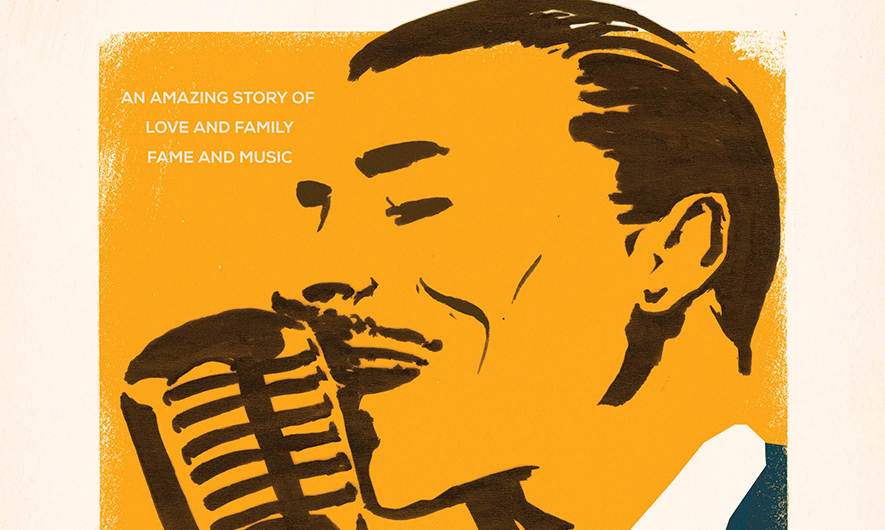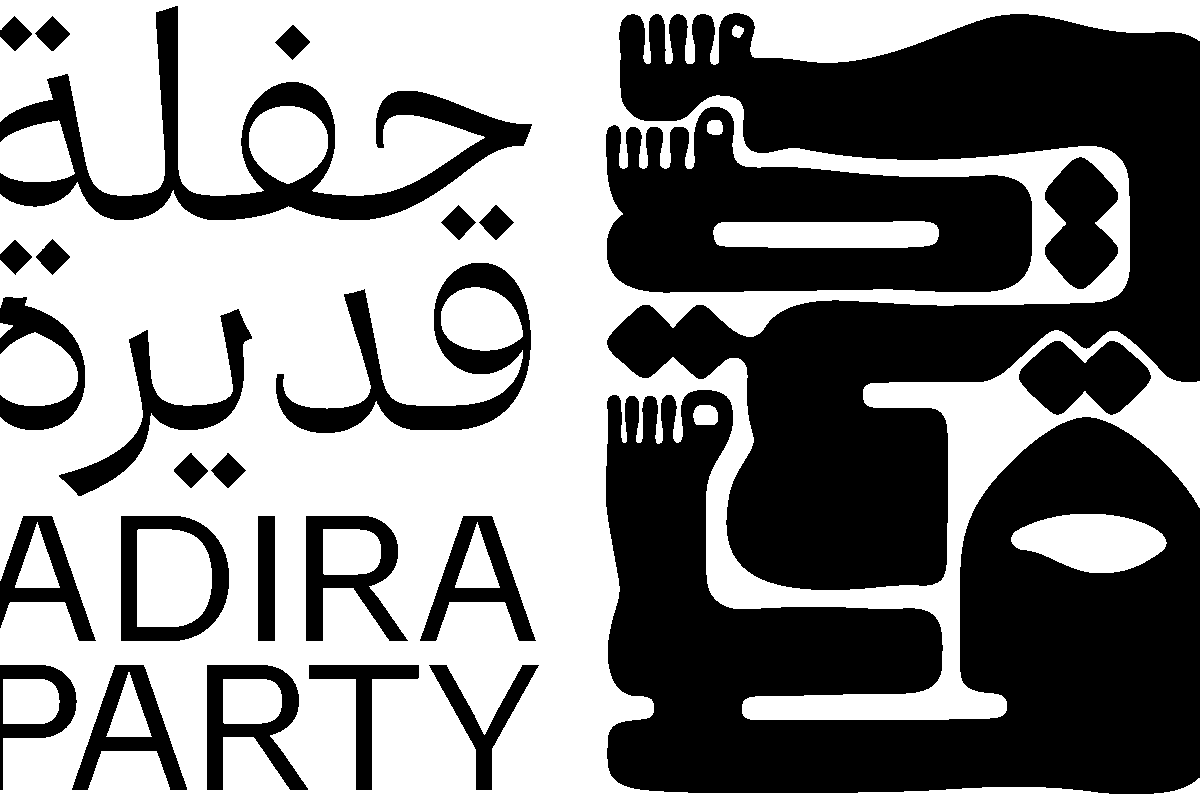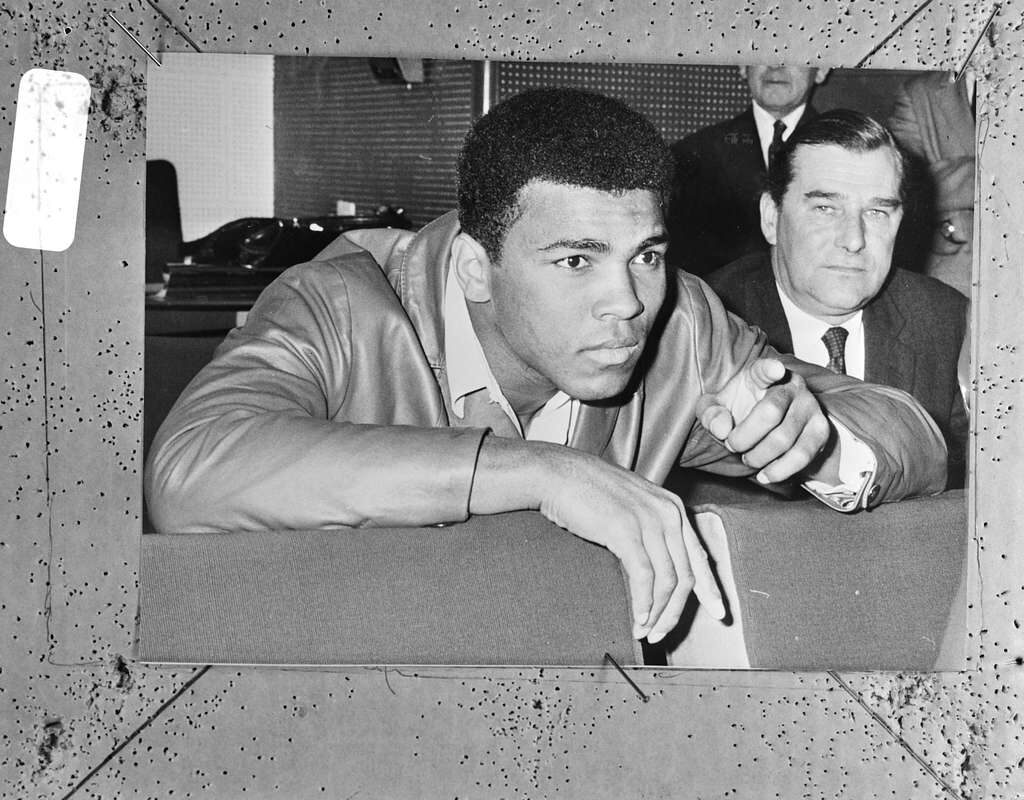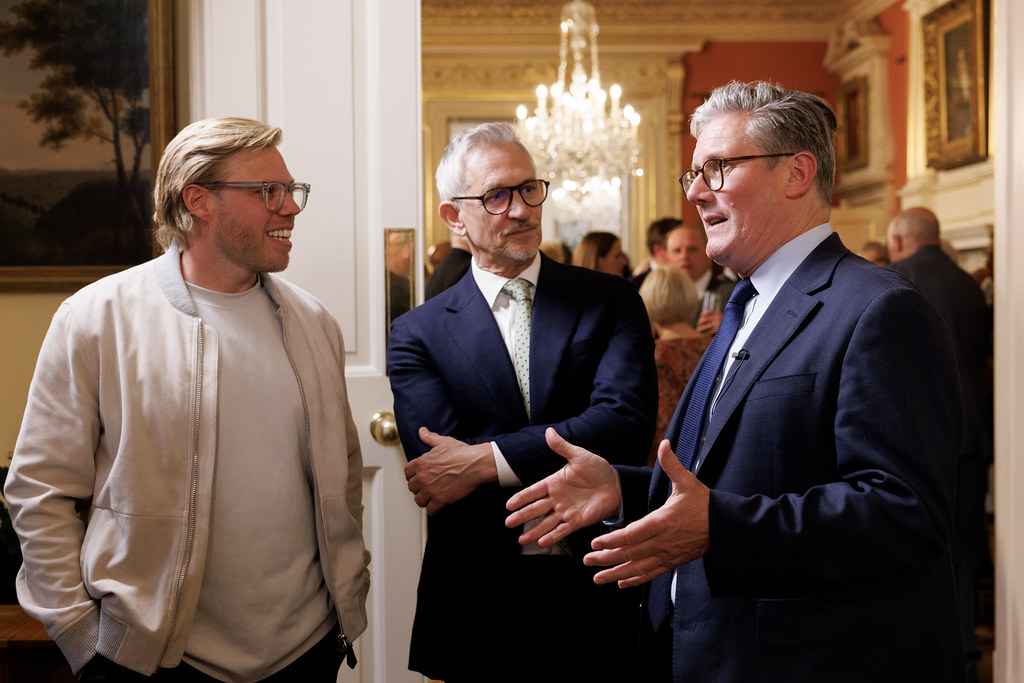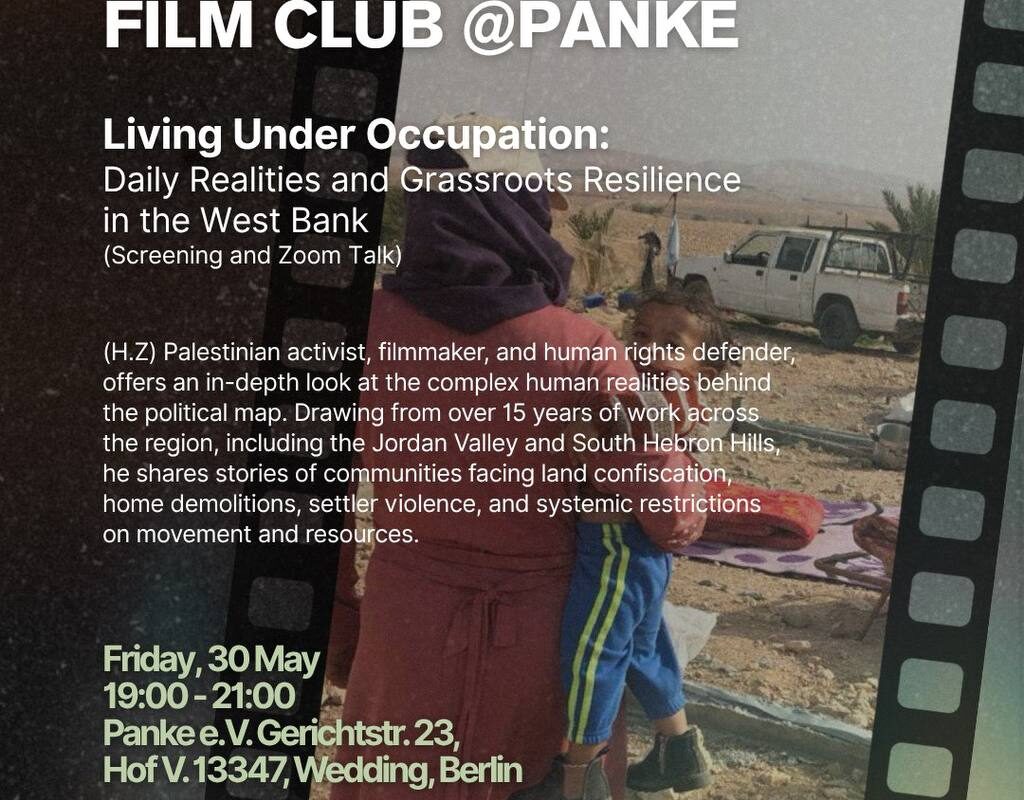The Man Behind the Microphone is a fascinating film about the development of a post-colonial nation through the work of one of its leading artists. It tells the story of Hedi Jouini (Papa Hedi), a feted singer and composer of over 1000 songs known as the ‘godfather of Tunisian music’. Claire Belhassine, the film’s director, discovered the illustrious past of her grandfather by chance in a taxi in Paris, when a song came on the radio in Arabic and she asked the taxi driver who the singer was.
Hedi became a musician because of his mother Fatma, who didn’t care much for social norms. She bought him his first lute, which was smashed to pieces by his father who didn’t want any son of his becoming a musician – they were all drunkards and womanisers. So, Fatma divorced her husband, taking the young Hedi with her.
Hedi grew up in a Tunisia occupied by France, but in which there was a growing movement for Tunisian independence. He joined a group of radical artists who called themselves Taht Essour (Under the fence) and integrated Egyptian and Andalusian elements into his music. A talking head in the film describes him as being “both inside and outside his culture.”
Hedi met and fell in love with the Jewish singer Ninette; both sets of parents disapproved of their union – Hedi’s refused their permission for the marriage. Hedi started to get film roles, and the director of one of his films in Morocco offered a part to Ninette. Further roles were offered, but Hedi banned her from acting and sent her back to Tunisia. His justification was, he didn’t want her to become famous – there was only room for one star in the family.
Ninette was not the only one to be held back. In the 1960s, film makers were looking for Arab actresses and Roberto Rossellini visited Tunisia. He expressed interest in talking to Hedi and Ninette’s daughters, but again Hedi insisted that his daughters were not going to enter the world of acting or singing. While the girls were forbidden from any artistic activity, their brothers formed a band, The Viscounts.
As Tunisia finally gained its independence in 1956, Hedi wrote over 100 patriotic songs. One of these was unsuccessfully submitted in a competition for a new national anthem. It is suggested in the film that Hedi may have been overlooked because he was too Westernized. For instance, he wore a sharp suit rather than traditional robes.
With Hedi forever on tour and many of her Jewish friends leaving the country, Ninette became increasingly isolated. Twice she tried and failed to join her family in Israel (we don’t learn exactly why she failed). Then, the new national government started to support local artists, and Hedi returned to take a job as artistic director at the state radio and television station.
The film is at its weakest when Belhassine brings in her own personal history – there is a little too much gossip about family feuds, and when a copyright lawyer is brought on, you do get a sense of old scores being settled.
And yet these are just small details. Belhassine’s family history shows how the development of a society affects individuals – the limited opportunities under colonialism, the emancipating effect of the National Liberation movement, but also the inequalities which are not simply solved by this movement – particularly concerning the role of women.
And yet none of the women in the film are remotely submissive. Belhassine, her mother and aunts, her grandmother do not look like they’d let anyone push themselves around. Even when one of her aunts wistfully regrets that she never pursued a singing career, you get the sense both that she’s trying to own this decision and that she’d never let such a ban be imposed on her daughters.
On 4th September, Berlin Mondiale is showing The Man Behind the Microphone at the Dammweg Campus in Neukölln. For those of us not at Summer Camp, its an opportunity you shouldn’t miss. For those of us who are away, let’s hope they organise a second screening soon.
